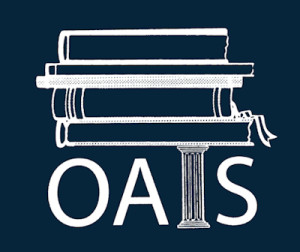Some Thoughts on Yesterday’s redefineED Chat
Yesterday, I had the pleasure of following along on the redefineED website as they hosted a chat with Michael Petrilli of The Fordham Institute. A transcript of the chat can be found here: http://www.redefinedonline.org/2014/01/petrilli-school-choice-movement-better-off-without-awful-schools/
